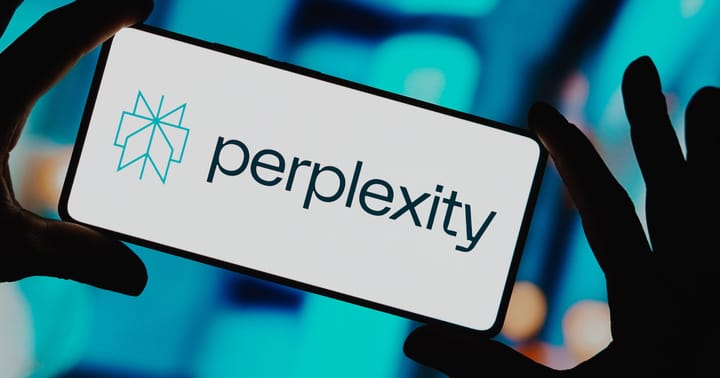Meta Expands Labelling of AI-Generated Imagery Across Its Platforms
Beyond labeling, Meta continues to leverage AI in enforcing its Community Standards, demonstrating its potential to both generate content and safeguard the platform.

Meta, the parent company of Facebook, Instagram, and Threads, has announced a new initiative to label AI-generated images posted by users across its platforms. This decision comes amid growing concerns over the proliferation of deepfakes and hyper-realistic synthetic media online, which pose significant privacy, transparency, and safety risks.
Meta's decision means that more AI-generated imagery circulating on its platforms will be labeled going forward. While the company has not disclosed specific figures regarding the prevalence of synthetic versus authentic content, it emphasizes the importance of detecting and identifying AI-generated images for the sake of user transparency and trust.
According to Nick Clegg, Meta's president, the expanded labelling initiative will detect signals embedded in synthetic imagery to determine its origin. This detection will rely on both visible marks applied by Meta's generative AI technology and "invisible watermarks" embedded within the files. Meta has been collaborating with industry partners to develop common standards for identifying generative AI, including companies like Google, OpenAI, Microsoft, Adobe, Midjourney, and Shutterstock.
However, Meta's efforts currently focus primarily on labelling AI-generated imagery, as detecting AI-generated videos and audio remains challenging. While the company is exploring various methods to identify such content, including the development of classifiers and watermarking technologies like Stable Signature, there are still significant hurdles to overcome.
To address the risks posed by AI-generated videos and audio, Meta is changing its policy to require users to manually disclose if content is synthetic. Failure to do so may result in penalties under Meta's Community Standards, underscoring the company's commitment to combatting misinformation across its platforms.
Beyond labeling, Meta continues to leverage AI in enforcing its Community Standards, demonstrating its potential to both generate content and safeguard the platform. AI has played a significant role in reducing the prevalence of hate speech on Facebook, and generative AI tools are being explored for their potential to enhance policy enforcement further.
As debates surrounding the identification and verification of AI-generated content intensify, Meta's proactive approach underscores the importance of industry collaboration and regulatory dialogue in addressing these challenges. By taking decisive action, Meta aims to foster transparency and trust while navigating the evolving landscape of synthetic media.




